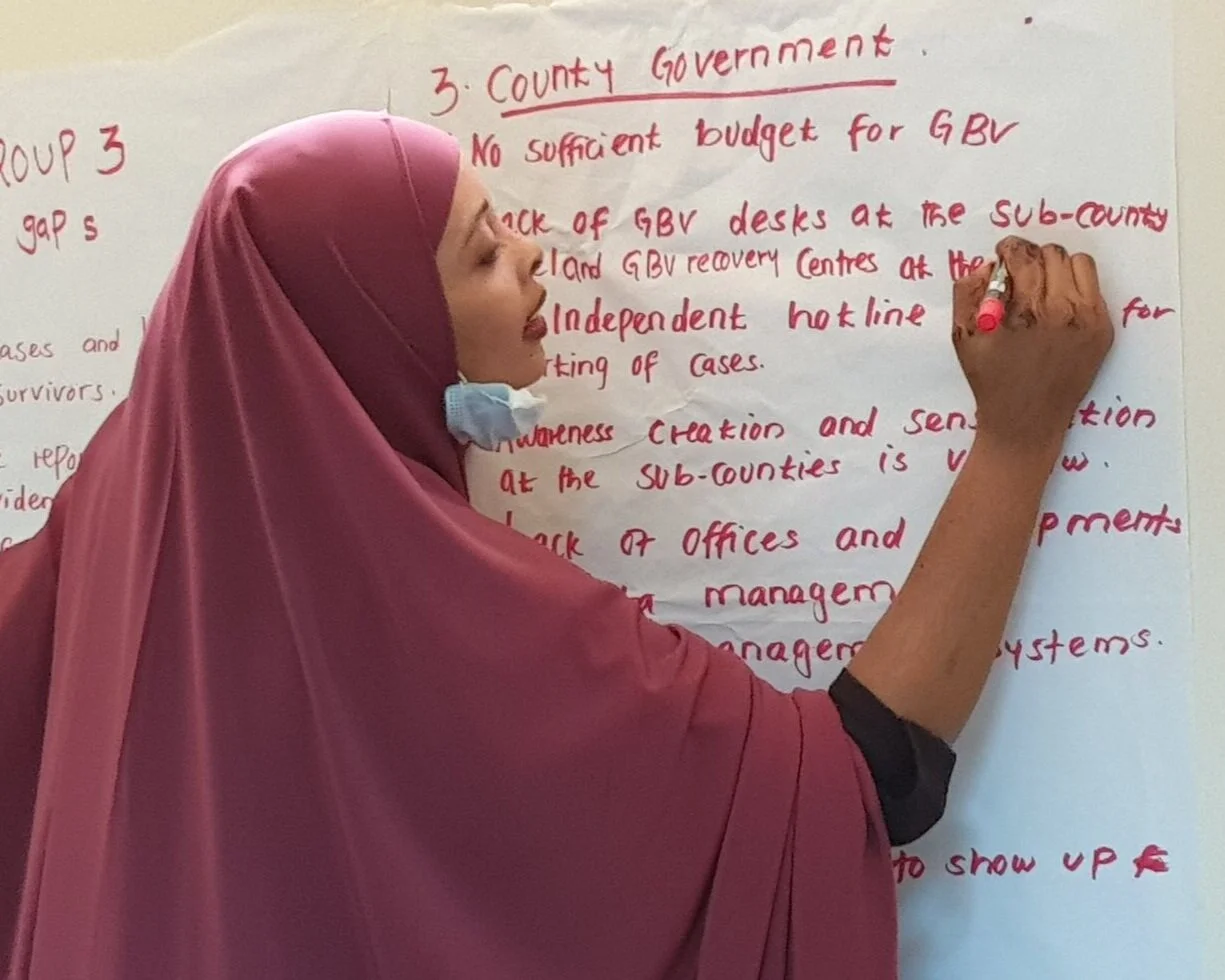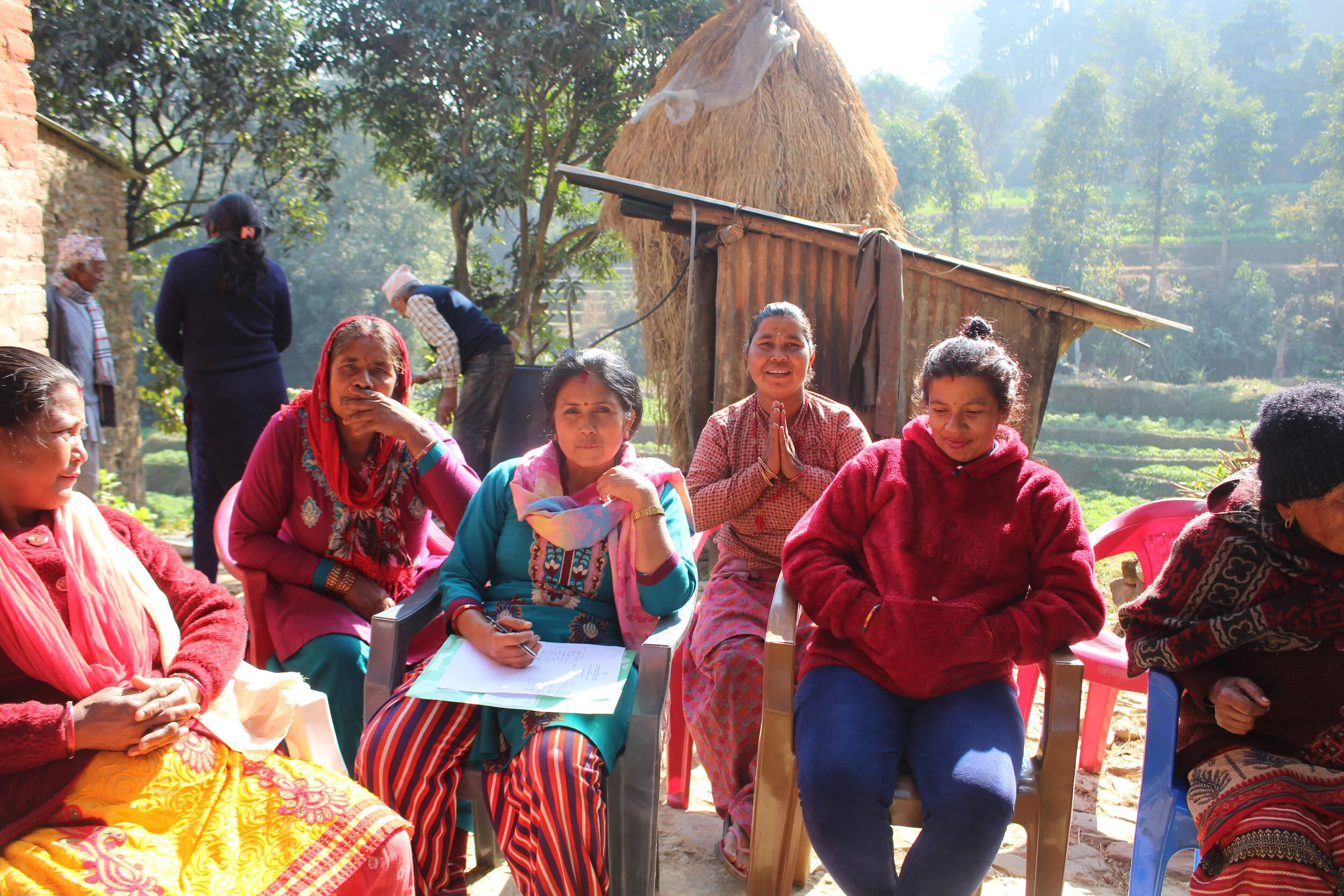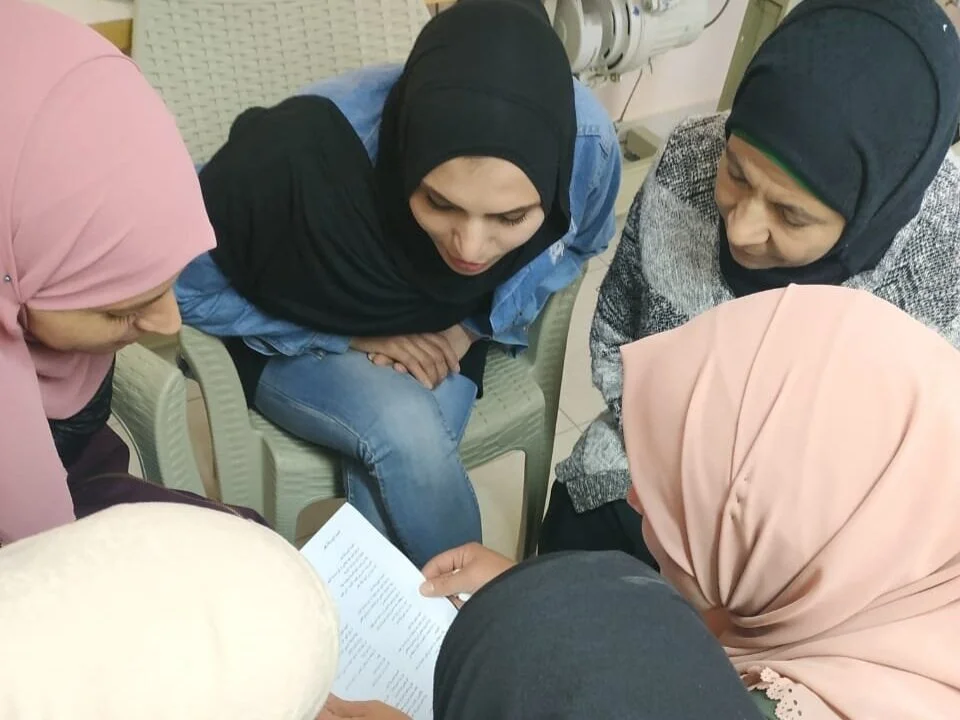Women’s Humanitarian Voices:
Covid-19 through a feminist lens
Summary
In the second half of 2020, women’s rights organisation (WRO) members of the Feminist Humanitarian Network undertook research in eight countries – Bangladesh, Kenya, Lebanon, Liberia, Nepal, Nigeria, Palestine, and South Africa – to understand the impact of the pandemic in humanitarian contexts.
WROs defined the questions and led the research, and coordination and administrative support was provided by the FHN Secretariat and INGO FHN members.
The research has produced nine reports: a national report for each of the countries where research was undertaken, and a global report, collating the findings from across each context.
Download the global report:
Key questions
This research addresses the following key questions:
• What impacts did Covid-19 have on the women and communities that WROs worked with?
• How did WROs respond to the Covid-19 crisis?
• What challenges did the humanitarian system present for WROs in the Covid-19 crisis?
• What solutions (particularly feminist solutions) did WROs develop to overcome these challenges during Covid-19?
Methodology
Decisions about the concept and about the direction of the project were made collectively by WRO members of the FHN in the eight countries, who also applied a reflective approach, coming together throughout the research cycle to reflect on progress and opportunities to learn and adapt.
WROs were sure to include the voices of women and organisations experiencing marginalisation, such as organisations representing women with disabilities, and women belonging to ethnic minorities.
In most contexts, semi-structured interviews were used to ensure that the issues that were highlighted by each respondent were the issues they determined to be important, rather than issues the researcher defined.
Highlights
Throughout Covid-19:
WROs have played a key role in the response, ensuring communities are equipped to take preventative action.
WROs have played a unique role in responding to increases in gender injustice, prioritising gender-based violence in their work, and addressing gaps in critical services for women.
WROs have been largely excluded from humanitarian decision-making driven by national and international actors; their humanitarian efforts and leadership have, for the most part, gone unrecognised.
Funding has been a critical issue for WROs, with larger organisations being prioritised for emergency funds, and funds for longer term work being reallocated. Heavy due diligence requirements have been a primary obstacle for WROs in accessing emergency funding. In many cases WROs have funded their work from the personal resources of staff and board members.
WROs have persevered through these challenges, using creative and feminist approaches to ensure that those they work with haven’t been left behind. WROs have worked together to advocate, fundraise, and provide each other moral support – in the “spirit of sisterhood”.
WRO respondent in Palestine:
“During the emergency period and the lockdown restrictions, there has been a lot of aggression and campaigns against women’s organisations and rights organisations.”
WRO respondent in Nigeria:
“The issue of accessing donors’ grants is as challenging as dealing with their funding conditions as NGOs often have to shift their interventions to suit donor priorities.”
Country reports
Bangladesh
In Bangladesh, grassroots WROs have been central to the response to GBV, with limited support.
Kenya
In Kenya, women's rights organisations have illustrated how creative and adaptive they are in the face of crisis.
Lebanon
In Lebanon, women's rights organisations have led humanitarian action despite facing multiple compounding crises.
Liberia
In Liberia, women's rights organisations have campaigned for women's rights throughout Covid-19.
Nepal
In Nepal, women's rights organisations have advocated for GBV to be addressed in the response.
Nigeria
In Nigeria, grassroots organisations have worked in alliance to have their voices heard.
Palestine
In Palestine, women's rights organisations have worked collectively to address to violence against women and WROs.
South Africa
In South Africa, women's rights organisations have used creative solutions to create long term change for women.











